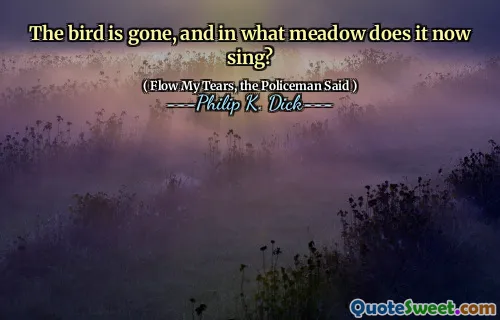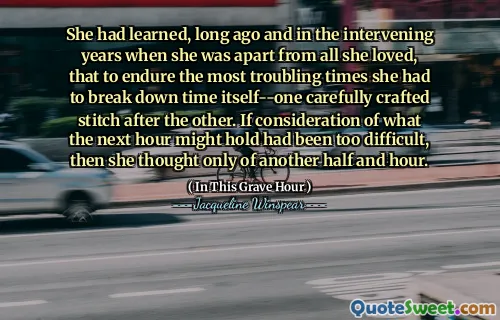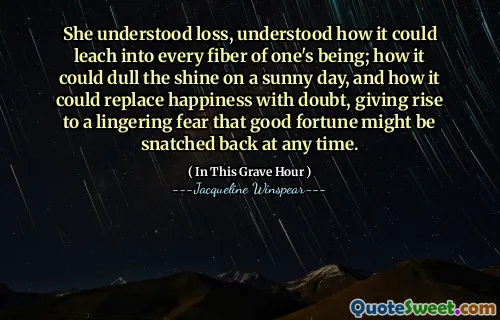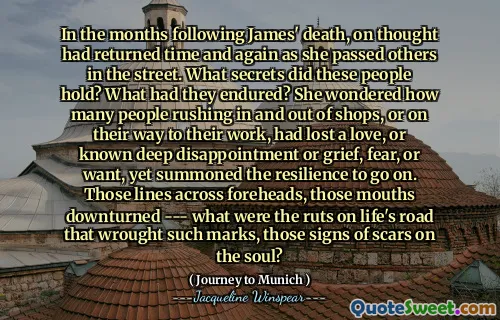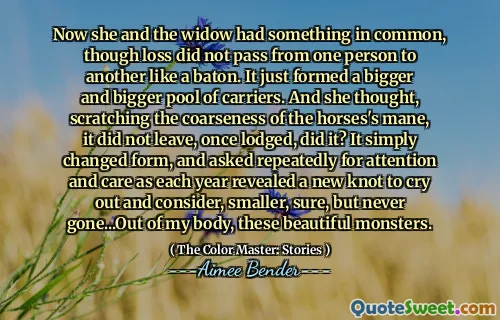
I find it hard to take in what anyone says. Or perhaps, hard to want to take it in. It is so uninteresting. Yet I want the others to be about me. I dread the moments when the house is empty. If only they would talk to one another and not to me.
This quote from C. S. Lewis's A Grief Observed poignantly captures the complex emotional landscape of grief and isolation. The speaker expresses a profound difficulty in engaging with the world around them—not only struggling to absorb others' words but also feeling an emotional disengagement from the very act of listening. This detachment may symbolize the numbness and mental exhaustion grief can bring, where even ordinary communication loses its meaning and interest.
Yet there is a paradoxical longing etched into the words: though the speaker finds others' conversations uninteresting, they still crave to be the focus of those interactions, revealing a deep loneliness and desire for connection. This highlights the human need to feel seen and acknowledged, especially when grappling with pain and loss.
The dread toward empty moments reflects how solitude can exacerbate sorrow, causing one to crave even imperfect or indirect connections to stave off the overwhelming silence of grief. The wish for others to communicate amongst themselves rather than addressing the speaker suggests a painful awareness of being the center of sympathy or pity, illustrating both vulnerability and a nuanced self-protection mechanism.
Overall, these lines underscore the paradox of grief: the simultaneous desire for connection and the inability to engage with it fully. Lewis's raw honesty offers a compassionate reflection on the inner turmoil of mourning, a voice for those caught between silence and yearning.
